I joke frequently about how I’ve never made it off the tutorial plateau of The Legend of Zelda: Breath of the Wild, so it’s just as well that you don’t need to have played that game to get stuck into Tears of the Kingdom (though I’m sure it helps). Tears of the Kingdom opens with a chapter that closely mirrors the structure of Breath of the Wild, though I’m glad I pushed through it this time. It’s not my favourite game in the long-running series (that will forever be Ocarina of Time) and the open world format aggravates me (in general, not just with this game), but I can now see why people are so enamoured with Breath of the Wild, and those people will get a lot out of what Nintendo has built on top of it for this outing.
At its core, this game is still about exploring the world on your own terms, and coming up with some crazy, clever solutions to the problems that it presents to you. The entire world of Tears of the Kingdom is, effectively, a giant puzzle. It is filled with roadblocks and traps that beg you to figure out a creative solution to. Link has plenty of options up his sleeve to navigate around or through them, however. The much-lauded ability to “stick” things together to build structures allows you an enormous range of creative options that allow you to drive, float, or fly across the gigantic expanse. Meanwhile, the ability to “fuse” items together allows you to create intricate tools, and use them to access even more resources and treasures.
See a fast-flowing river up high on a mountain that freezes Link dead seconds after diving into it? Stick together a bunch of logs, strap a fan machine to the back, and you’ve got a raft that will get you to the other bank. Or you can chop down a bunch of trees and make a bridge. Or scout around and find another way around the river entirely. Rarely are you ever forced to figure out a single solution to a problem in Tears of the Kingdom. As anyone who has seen the videos Breath of the Wild players create knows, people can come up with some enormously creative solutions indeed. Those videos will be even more entertaining this time around, because there are even more abilities, resources and tools just sitting there in this creative sandbox.
Nintendo has also added a vertical quality to exploration in Tears of the Kingdom. Link will frequently take to the sky to survey, travel and explore, and there’s an entire world above in floating islands that he’ll spend time on too. In addition to being a feast on the eyes to see the world span out while skydiving, that shift in perspective adds further texture to the exploration. You’ll learn early on that there are things that are easier to observe while airborne. From that point you’ll go out of your way to take to the sky as often as possible, just to make sure you don’t miss anything.
Overall, the point here is that Link’s latest adventure has impeccable, vividly creative moment-to-moment gameplay. Hours can roll by while you explore, solve puzzles and drink in the world. It’s certainly iterative rather than evolutionary (let alone revolutionary). In fact, I can’t actually think of a time when Nintendo was more safe with a sequel in the Zelda franchise. However, considering how well the relatively small iterations have turned out, this is clearly a good example that there are times when innovation simply wasn’t required. Sometimes something really is too good to try and “fix.”
The narrative is… interesting. It’s not overly thought-provoking (post Majora’s Mask I have been waiting for Nintendo to tackle philosophical depth again) but the high adventure yarn it weaves is perfectly enjoyable. It kicks off strongly, riffing on the “alternative science” idea that our spirituality comes from aliens from the skies, with early humans mistaking them for gods. In the opening scene, Zelda and Link explore a cave and come across giant murals that depict mighty creatures from the clouds sealing a great evil away. That great evil (you can guess who) happens to be imprisoned in the cave and escapes just at that moment. Link is very nearly killed, but is saved at the last moment thanks to one of those “Gods” in the sky whisking him away to their home. Zelda disappears.
And so Link starts on a tour of the sky island where he’s introduced to great technologies and power. Now equipped with a range of new abilities, he then descends back to Hyrule to track down Zelda. She shows up, briefly, before disappearing again, and this sends Link on his journey in full, where he needs to travel to all corners of the world to get to the bottom of the mystery and deal with the great evil. It’s not the most weaving plot we’ve seen in games, but there are enough surprises and delights along the way to appeal to both Zelda veterans and total newcomers alike, and this is a game with a narrative that rewards the observant. In fact, in some ways, Tears to the Kingdom is somewhat like fellow open world adventure, Elden Ring, in that you’ll be piecing much of the narrative together simply by observing as you explore the world. There will almost certainly be many videos and pieces that pull apart at every narrative hint and theme thrown at players, and searching out the secrets for yourself is a good reason to fully explore the world and take full advantage of all the side quests and distractions. While the main narrative is relatively straightforward, the sense of lore and history within Tears of the Kingdom is palpable.
Related reading: All of this is your fault: Failure and redemption in Ocarina of Time.
To quickly digress and be blatantly clear here, of course, the idea that in the real world our ancient cultures were visited by aliens and this both provided us with the technology to build things like the Pyramids and gave us the pantheons of Gods is utterly ludicrous. Everyone should watch Ancient Aliens – perhaps the most mainstream project advocating for the position – but only because it is downright hilarious as junk science. “Ancient Aliens is some of the most noxious sludge in television’s bottomless chum bucket. Actual experts are brought in to deliver sound bites that are twisted and taken out of context while fanatics are given free reign. Fiction is presented as fact, and real scientific research is so grossly misrepresented that I can only conclude that the program is actively lying to viewers,” a brilliantly scathing review in the Smithsonian Magazine notes. However junk it is as science, however, works brilliantly as a fantasy and adventure concept. Nintendo has taken full advantage of it. Though Tears of the Kingdom is much more interesting in getting players to play around with the creation and exploration tools, and has a relatively thin narrative, what’s there is an excellent and (literally) high-flying fantasy.
(I felt the need to put that digression and disclaimer in there lest people think I actually subscribe to that whacked-out idea, see).
The only thing that bothers me about the entire experience is the atmosphere. The world of Tears of the Kingdom is gorgeous (although the Switch struggles with it at times and pop-in is a very mild issue). It is colourful, bright, and the landscape is beautifully varied. No one makes sweeping vistas as attractive as Nintendo. But it’s also frequently a lonely journey, with Link spending a great deal of time just wandering around vast and largely empty spaces. There’s nothing wrong with that in theory, but the game’s atmosphere isn’t really great at selling loneliness, so in those moments, the adventure loses some energy and thrust. It’s like Nintendo was so fixated on being creative when tasking players to actually do things that it forgot to give the moments between those creative challenges the same attention to detail. While I’m sure some will roll their eyes at the comparison – the loneliness and “moments between” in Elden Ring were dense and thick with atmosphere, and I felt the ambience of Tears of the Kingdom to be shallow by comparison. Perhaps this is just my aesthetic tastes finding it difficult to see the vivid colours of Tears of the Kingdom as selling “loneliness” as a quality. However, the tonal inconsistencies, subtle as they are, were a very slight dampener on the overall experience.
It’s also worth considering whether this game will have the impact that its predecessor had. Breath of the Wild was a monumental experience and, in the eyes of most people who played it, a masterpiece. But it was also a big step forward for the Zelda series. People were as impressed by the boundless creativity that Nintendo brought to the team’s first effort at an open world format as they were by anything else. Tears of the Kingdom is, as mentioned before, very iterative. It’s still impressive, creative, and still plays beautifully. However, when people play it, they’ll realise quickly that the basic structure is more of the same. It’s at a much smaller scale, but in my review of Labyrinth of Galleria a few months ago, I mentioned that the only disappointing thing about it was that it took an incredibly creative experience that basically re-envisioned the dungeon crawler, and simply did more of it. Stripped of the innovative spirit of the original, Labyrinth of Galleria felt like an inferior experience without really being one. I suspect Tears of the Kingdom will be the same. It’s still incredible and will dominate the discourse around games for some weeks ahead. But, a decade down the track, it’s still going to be Breath of the Wild that’s held up as the transformative masterpiece.
Still, Tears of the Kingdom is a resounding success. The sheer scale and scope of it ought to be a reminder to the games industry that creativity doesn’t need the most powerful hardware, and the playful approach to gameplay makes this a rare open world game that’s a pleasure to explore and rewarding to immerse yourself within. I hope Nintendo understands that this can’t be the Zelda formula forevermore, and the next one will be an all-new and transformative experience again, but I also don’t begrudge the company the desire to take a second crack at what made Breath of the Wild so special to so many people.
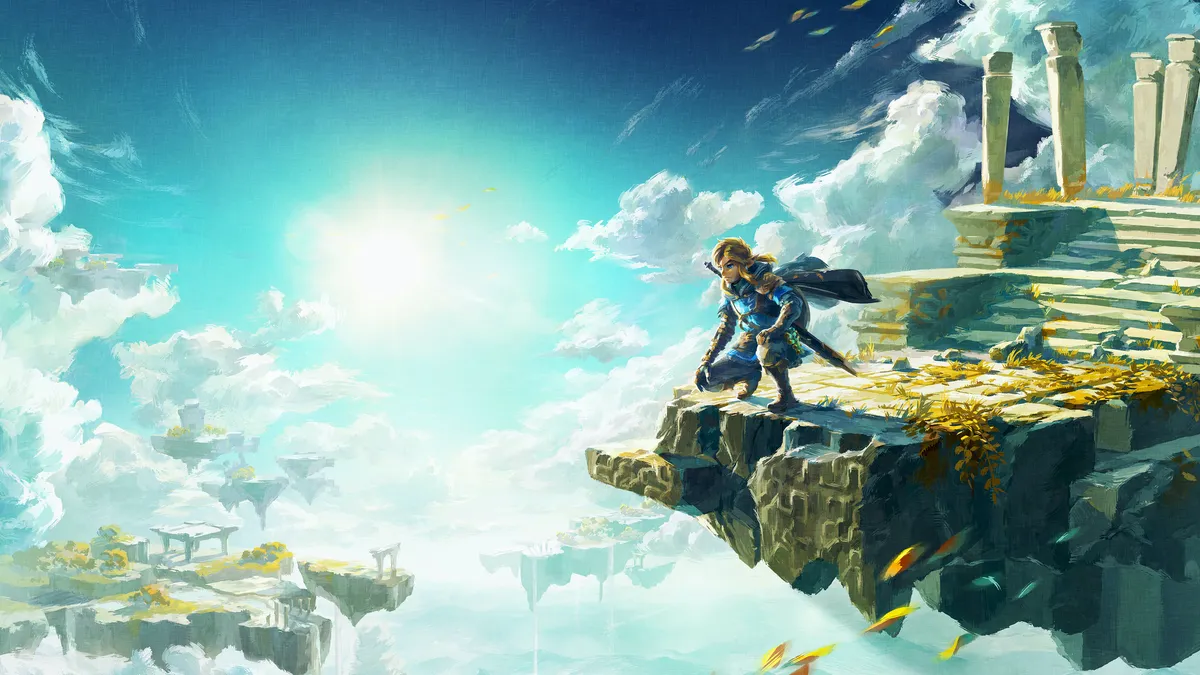

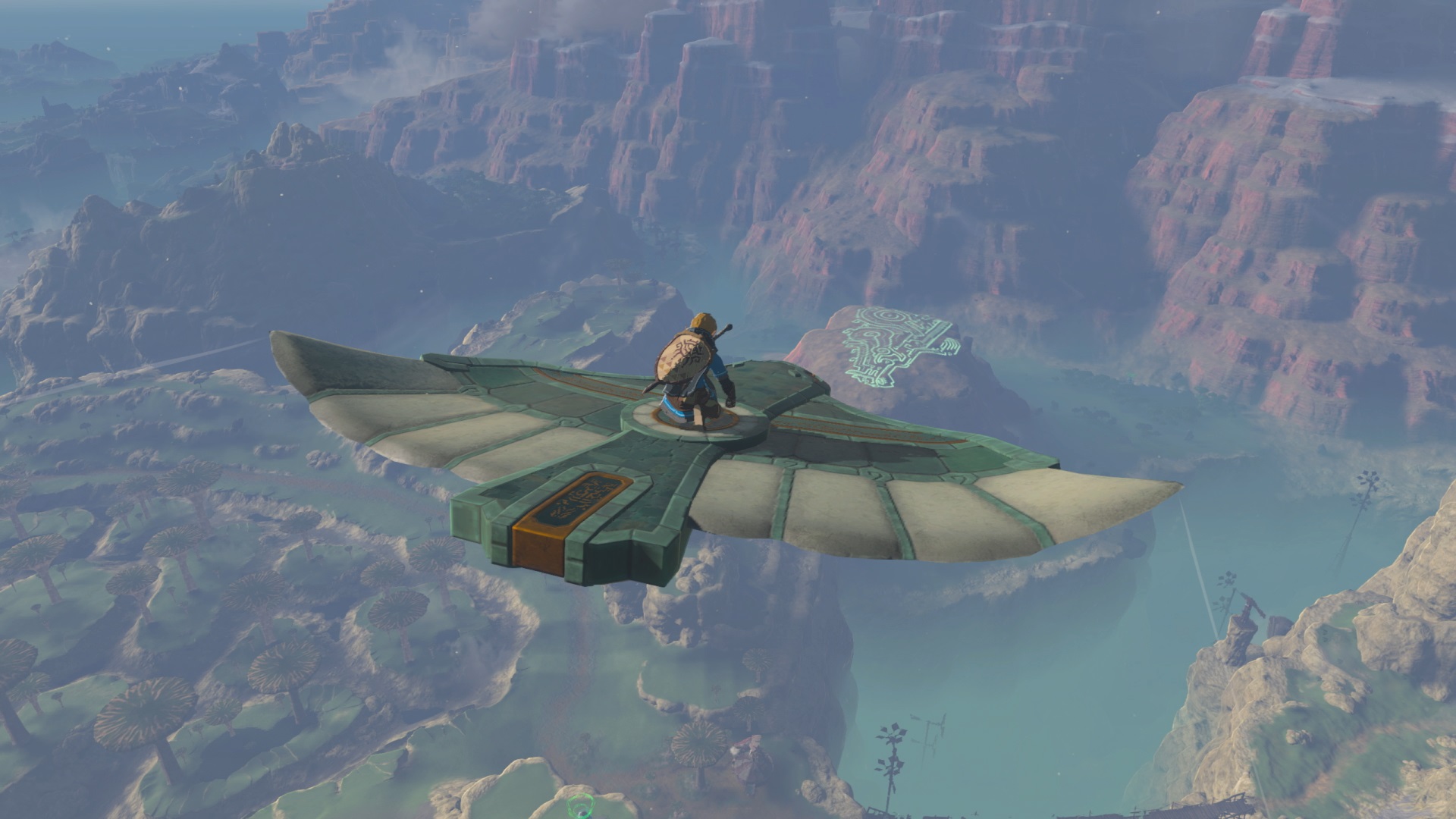
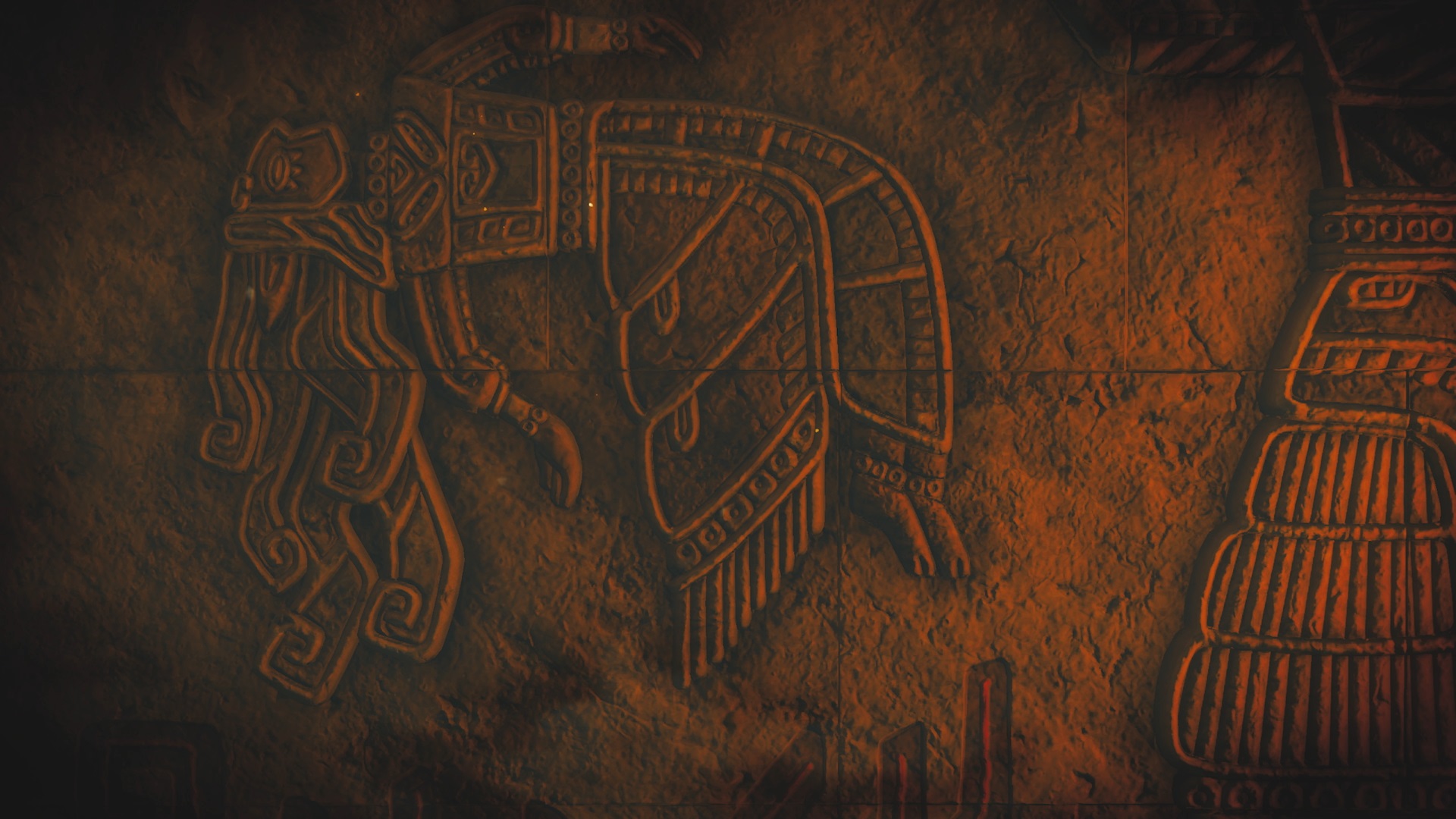
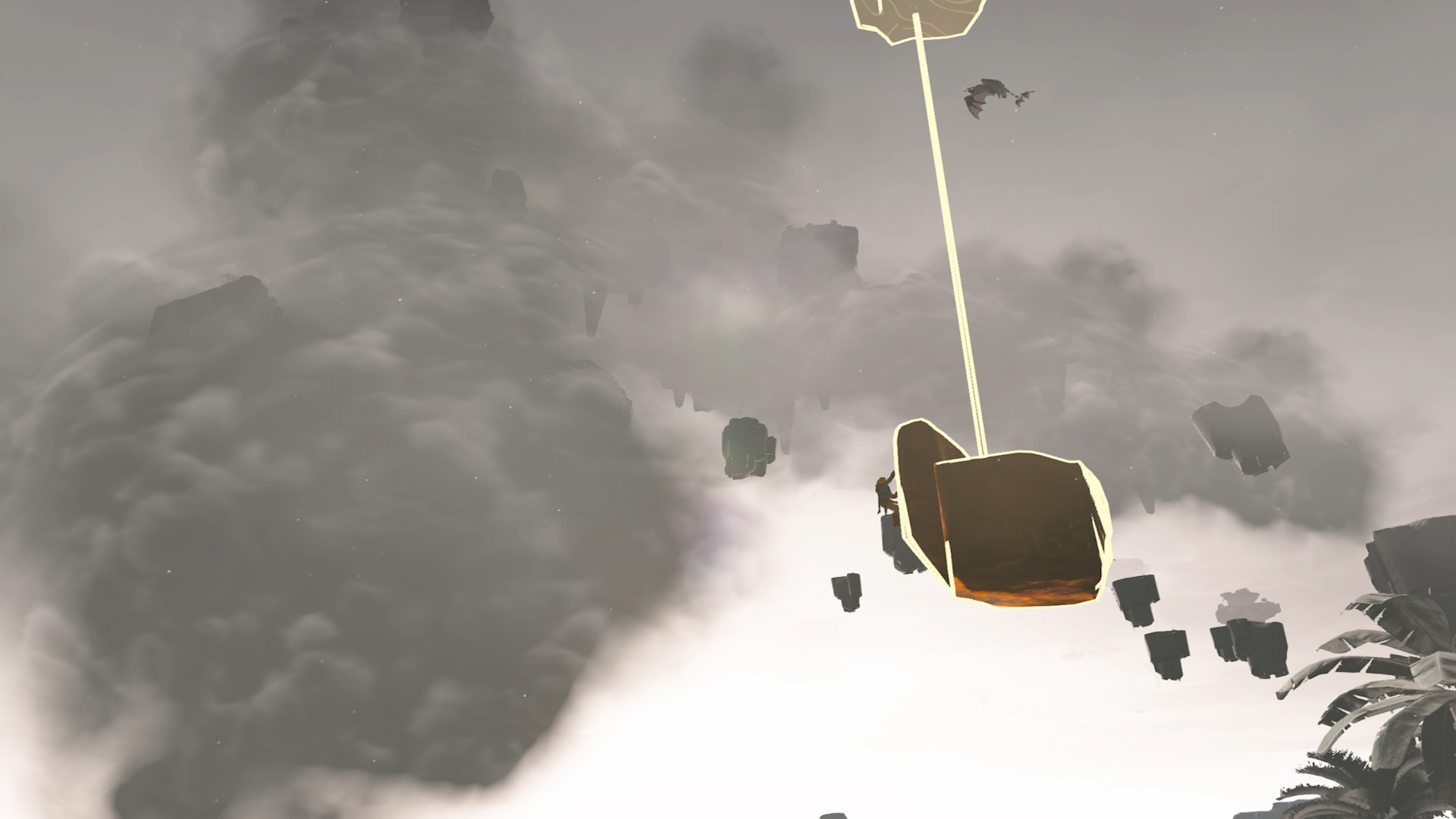

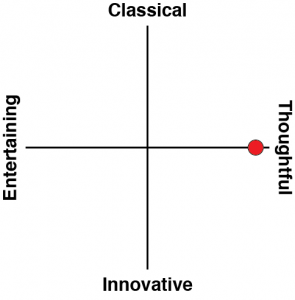
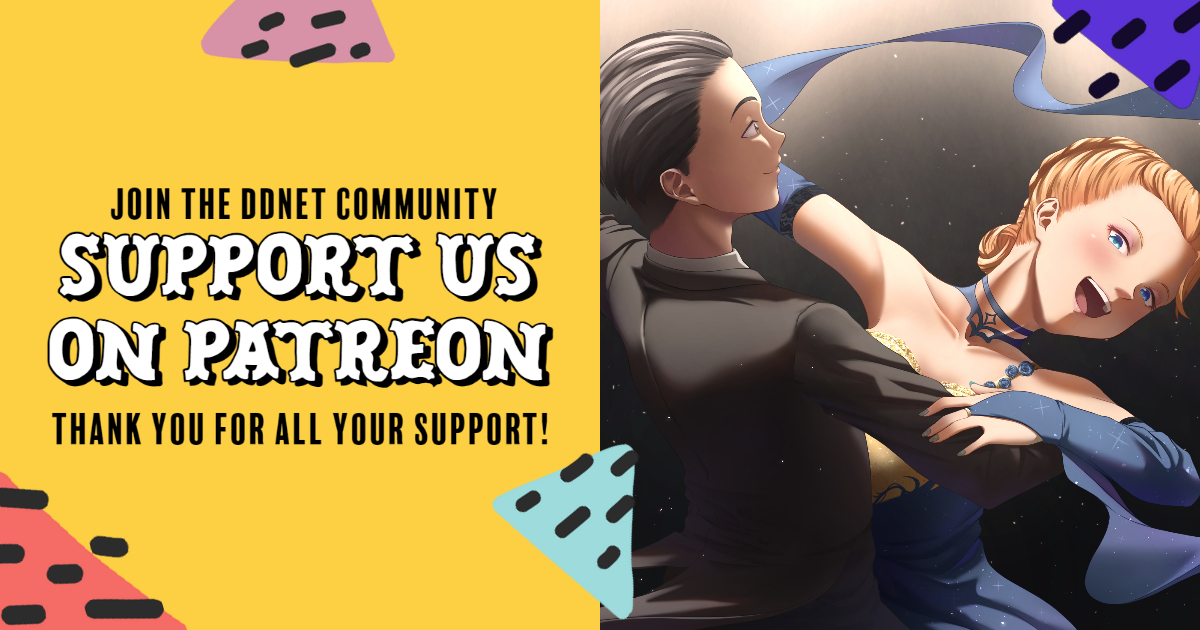



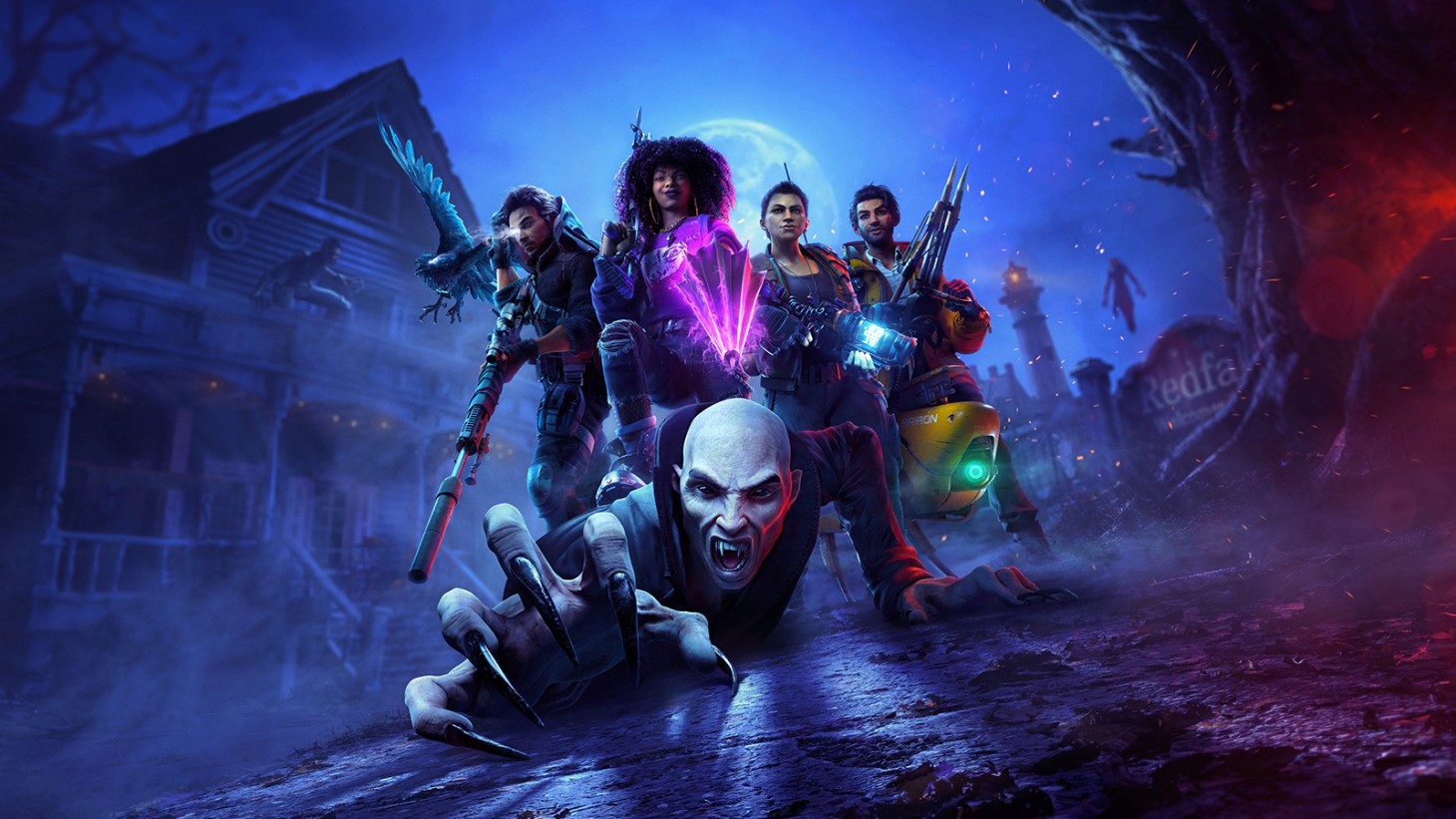
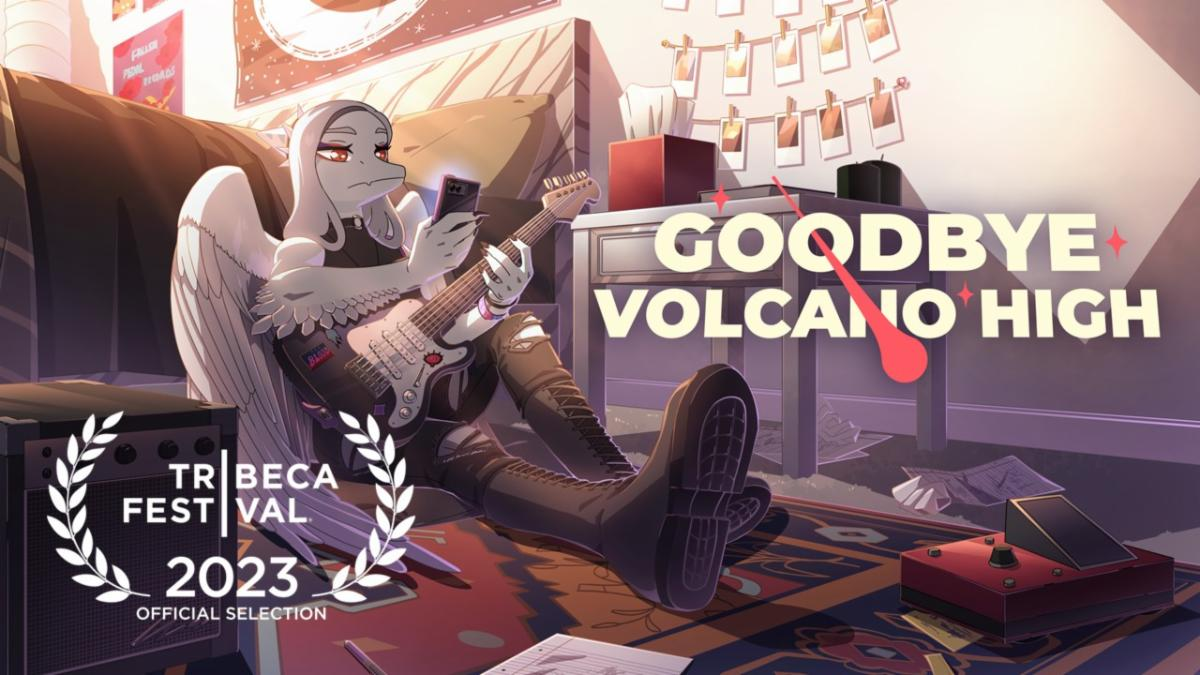


Ahhh…I was so looking forward to the 3/5 stars review we were promised.
Sometimes a game surprises me in a positive way 🙂